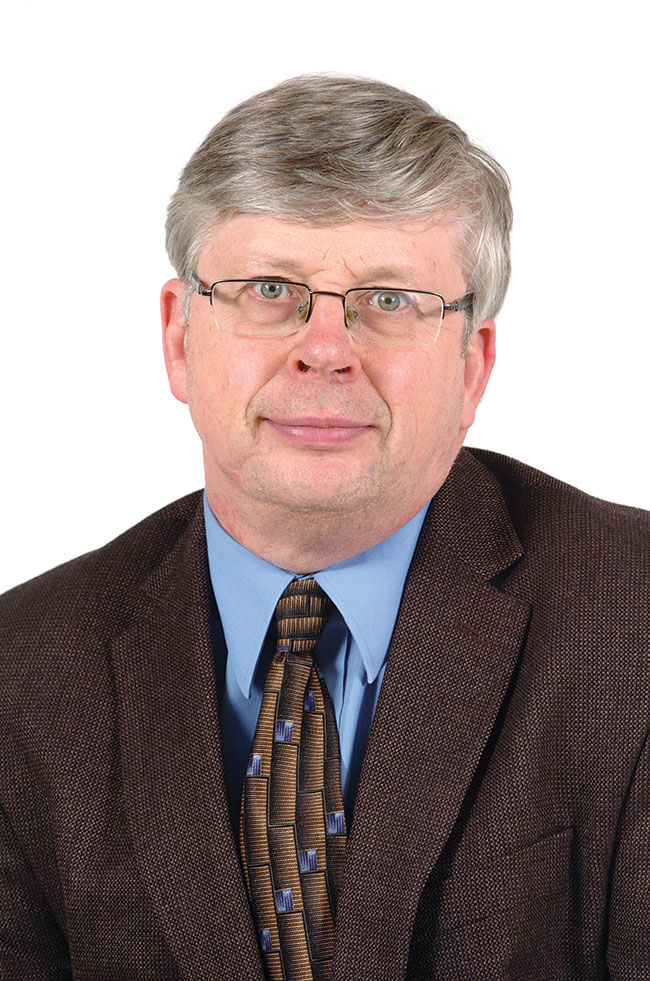Tough budget re-ignite urban/rural split
Posted on February 28, 2017 by Maple Creek
By Murray Mandryk
There is a reason why tough times in Saskatchewan become times of division.
It has to do with the fact that no government ever seems to equally represent both rural and urban interests for very long.
Today’s Saskatchewan Party government with 48 MLAs, 20 members from the four largest cities and 28 from all the rural seats with one vacant city seat, has somewhat achieved that balance.
But it’s safe say that Sask. Party urban support is tenuous and tenuous support usually weakens in tough times.
We saw that happen after the 1991 election when the then-Roy-Romanow-NDP government also took a hold of rural Saskatchewan for a short period after the ousting of the Grant Devine Progressive Conservatives.
The 1993 budget decision to close 52 rural hospitals and provide less money for highways and agriculture quickly ended that short marriage of convenience.
Until recently, good economic times have allowed this Sask. Party government to appease both urban and rural Saskatchewan.
During times of $100 US a barrel oil and high potash and grain prices, rural communities were happy because Premier Brad Wall’s government had cash to meet their needs.
Some of that money translated into reduction of education property tax on farmland, consistent money in the municipal revenue sharing pool for rural municipalities and the maintenance of on-going tax exemptions on things like farm fuel and sales tax on farm fertilizer and chemicals and machinery.
But it was also good times for city dwellers, as well. They, too, have received massive breaks on property taxes due to better provincial government funding and many of the same general tax exemptions on sales tax for restaurant meals, junk food, utility bills, children’s clothing etc.
One can argue that urban Saskatchewan also disproportionately benefitted from big time capital spending like Regina’s $1.9-billion bypass, new Mosaic football stadium and new hospitals in Moose Jaw and Saskatoon and a Global Transportation Hub.
And if you are a public servant (as more urban votes are), you haven’t done too badly. Some public wage earners like nurses who received a 36-plus per cent wage increase in 2008 have done great.
Most others have at least managed to keep up with the inflation, while keeping perks like earned-days-off and other things in their contracts.
But as we again see a growing urban and rural divide in Saskatchewan over a big deficit budget, old divisions have emerged.
We need to create some understanding.
In the city, one is hearing a lot about “Wallidays”, the notion that the government pay force all public employees to take an unpaid day off a month to cut government expenses.
It may be an idea worth considering, but it would need to be implemented intelligently so we avoid creating more problems than we are solving.
An overworked health system or a education system where one of the biggest complaints is teachers having too much time off won’t benefit from these force days off.
It seems unlikely forced days off can be implemented across the board without creating chaos.
But it is one of many budgetary measures worthy of consideration along with ending a lot of our sales tax exemptions on restaurant meals, fuel, fertilizers, etc.
And we need to spend less on capital projects.
The mess we are in raises serious questions about the Wall government’s budget decisions.
But we all benefited from the good times. So in a smart, fair-minded way, we all now need to look at where we can now save money and where we can afford to pay more.
What we don’t need is a lot of divisive urban/rural political squabbling. It never helps.


Leave a Reply
You must be logged in to post a comment.